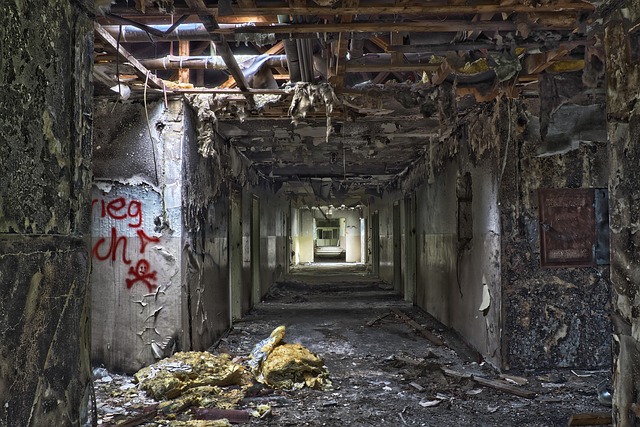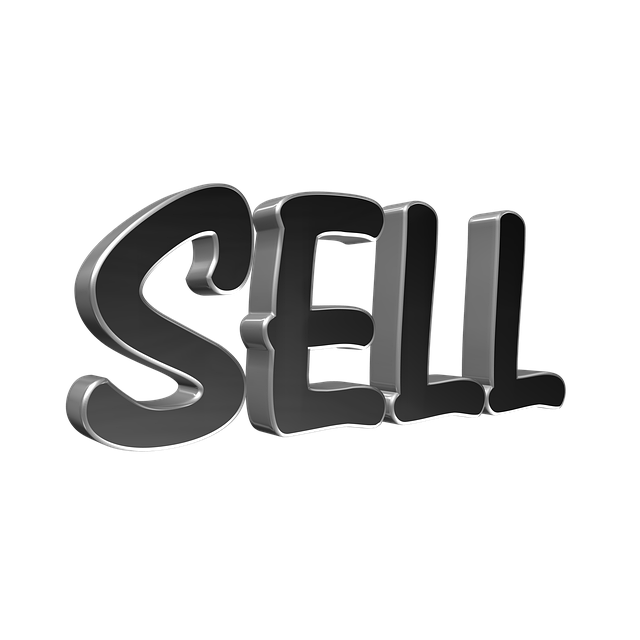Smoke damage remediation in Texas goes beyond surface cleaning, addressing structural and health hazards caused by fires. For homeowners in competitive Houston markets looking to sell properties with fire damage, understanding this process is key. It includes a thorough evaluation, specialized equipment for contaminant removal, repairs, replacements, and system restoration. Strategic marketing involves highlighting positive features, documenting repairs with before-and-after photos, and professional staging to increase selling speed and price, transforming damaged homes into desirable properties.
Smoke damage remediation is a critical process for homeowners in Texas, especially after fires in bustling cities like Houston. This comprehensive guide delves into understanding and navigating smoke damage restoration, offering valuable insights for those affected. From assessing the extent of the damage to implementing effective cleaning strategies, this article equips homeowners with the knowledge needed to maximize their property’s value.
For those considering selling a house with fire damage in Houston, discover expert tips and techniques to enhance your home’s appeal and ensure a successful transition.
- Understanding Smoke Damage Remediation: A Comprehensive Guide for Homeowners in Texas
- Maximizing Your Home's Value: Strategies for Selling a House with Fire Damage in Houston
Understanding Smoke Damage Remediation: A Comprehensive Guide for Homeowners in Texas

Smoke damage remediation is crucial for homeowners in Texas, especially after fires, as it involves more than just cleaning visible ash. It’s a comprehensive process that addresses structural and health concerns caused by smoke inhalation. In Houston, where real estate markets are competitive, understanding this process can be pivotal when aiming to sell a house with fire damage.
A thorough evaluation is the first step, identifying affected areas and the extent of contamination. This includes checking for soot, odor, and hidden smoke deposits on walls, ceilings, and HVAC systems. Professional remediation involves specialized equipment like HEPA vacuums, air scrubbers, and fogging to remove residual contaminants. It also includes repairing or replacing damaged items, restoring electrical systems, and ensuring safe reoccupation. Knowing the right remediation techniques can significantly enhance a property’s appeal to potential buyers interested in how to sell a house with fire damage Houston.
Maximizing Your Home's Value: Strategies for Selling a House with Fire Damage in Houston

Selling a house with fire damage in Houston can be challenging, but with the right strategies, it’s possible to maximize your home’s value and attract buyers. The first step is to thoroughly clean and repair any affected areas. Smoke damage remediation is crucial; professional services can help remove odors and stains caused by smoke, ensuring your home appeals to a broader range of potential buyers.
Focus on presenting your home’s positive features and highlighting the improvements you’ve made during the remediation process. Well-documented before-and-after photos of the repair work can be powerful marketing tools. Additionally, consider staging your home to create a welcoming atmosphere, as professionally staged homes often sell faster and for higher prices. By combining effective remediation techniques with strategic marketing, you can turn a house with fire damage into a desirable property in Houston’s competitive real estate market.
Smoke damage remediation is not just about repairing physical structures; it’s about restoring your home and safeguarding your health. In Houston, understanding the process, from initial assessment to final restoration, is crucial for both homeowners and real estate agents. By implementing effective strategies, such as professional cleaning, deodorization, and repairing or replacing affected items, you can maximize your home’s value after fire damage. For those looking to sell a house with fire damage in Houston, knowing how to navigate this process can make all the difference, ensuring a smoother transition and potentially attracting buyers who appreciate your proactive approach to recovery.






